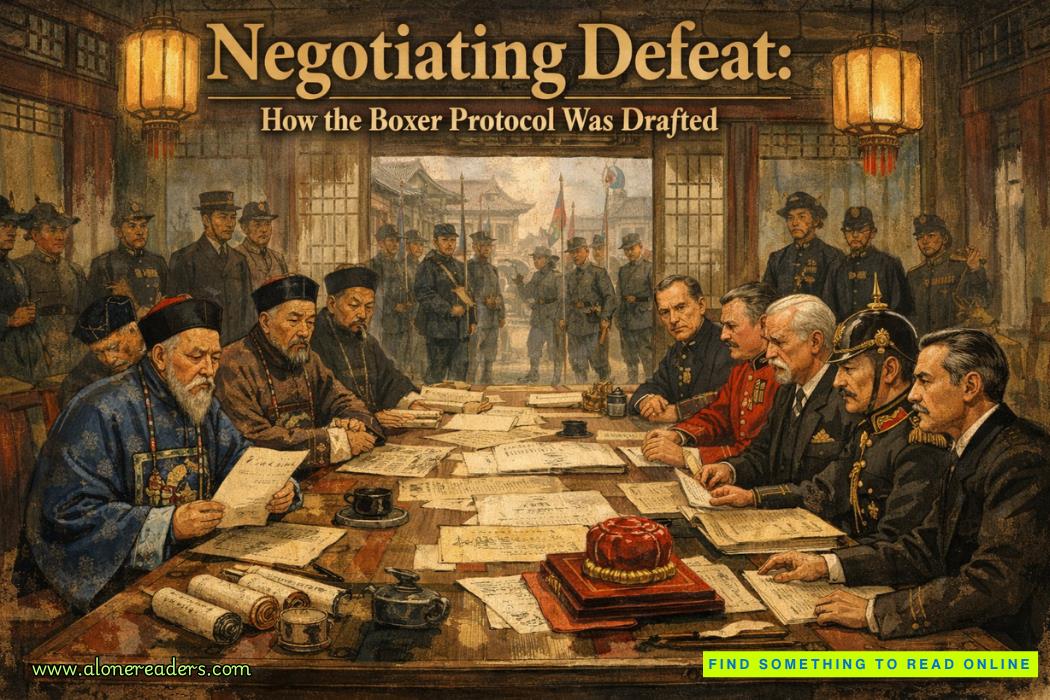I nod, throat tight. “Anytime.”
He grabs his backpack, hesitates, then adds: “You’re easy to talk to, Montgomery.”
He leaves, and I stand there, hands still wet, staring at the spot where he just was.
Easy to talk to. If only he knew.
I wipe down the bench, one swipe at a time, and wonder how much longer I can keep from breaking the silence.
—ΠΩ—
The next Thursday is a crucible. The temp outside has dropped twenty degrees, the radiators in the hallway hiss like pissed-off cobras, and inside the lab everyone is layered up in mismatched sweatshirts under their white coats. My hands are numb, even with the gloves, and my mouth tastes like cheap instant coffee and dread.
Aaron is waiting for me, as always, but today he looks less composed. His foot taps an irregular Morse code under the counter. He’s already got the reagents lined up, but his setup is off—graduated cylinders out of order, pipettes uncapped, the balances flickering numbers with no one watching.
I try to say hi, but the word snags on my tongue. I sit, pull out my notebook, and pretend to scan the protocol even though I’ve had it memorized since Tuesday. For a minute, we work in parallel: weighing, pipetting, logging volumes and times. The silence builds, thick as the mineral oil in our beaker.
It breaks when Aaron drops a stopper, the clatter ricocheting off the glass walls.
He swears, too loud, then looks at me with a raw, embarrassed face. “Sorry. Long week.”
I nod, not trusting myself to speak.
He takes a deep breath, then lets it out. “Montgomery, can I ask you something, and you promise not to, like, judge or whatever?”
I freeze. “Yeah, of course.”
He hesitates, rolls a pipette between his palms. “You ever get the feeling you’re being lied to, but you kind of want to believe it anyway? Because the lie feels better than the truth?”
I stare at him, heart pounding. I want to tell him: you have no idea. But I just say, “Sometimes.”
He turns, finally, and the look in his eyes is dangerous—like if I say the wrong thing, I could knock the whole universe off axis.
He lowers his voice to a whisper. “You sure you don’t know anything about that girl from the party? The Jessica Rabbit one?”
The question detonates in my chest.
I look away, desperate for a distraction, but my hand fumbles the test tube I’m holding and it slips out of my grip. It spins, bounces off the edge of the bench, and would have gone straight to the floor if Aaron hadn’t caught it in a blur of motion.
For a second, we just stare at each other, the tube balanced between our four gloved fingers.
“I don’t know anything,” I blurt. My face is on fire. “Really.”
I hear someone snicker behind us—a pair of students at the next bench, probably reading the scene as high drama or sexual tension or both.
One of them, a guy with a patchy mustache and a hoodie that says “SCIENCE: It’s Like Magic But Real,” leans over and stage-whispers, “Bro, you gotta move on. Nobody gives a shit about your imaginary girlfriend.”
I snap, instant and involuntary. “Why don’t you mind your own fucking experiment?” My voice is so sharp it slices the room in half.
The mustache guy laughs, but it’s hollow. The lab goes dead silent for a beat, all heads swiveling in our direction. The only noise is the slow, deliberate hum of the fume hood. Then, as if nothing happened, everyone goes back to work, the bubble of attention bursting as quickly as it formed.
I want to apologize, but Aaron is looking at me like I’ve just solved an equation he’s been struggling with all semester.
He smiles, slow and genuine, and lets go of the tube. “Thanks, man.”
We finish the procedure in perfect silence, but the air between us has shifted. Every motion feels charged. Everyaccidental brush of hands or arms leaves a trail of electricity zinging up my spine.
When it’s time to clean up, I rinse the glassware with automatic precision. Aaron dries it, methodical, every gesture exact. We work as a unit, no wasted movement, as if we’ve been doing this for years instead of months.















